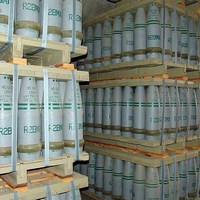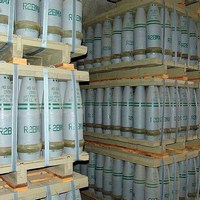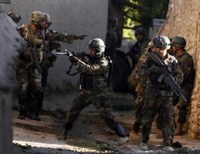
The coming end of the Afghanistan operation that has defined NATO for the past decade marks the end of an era for the alliance. Its mission in the next decade will look drastically different. Gone is the political and public appetite for costly overseas state-building missions. To maintain its relevance, the alliance will have to refocus its commitments, partnerships and missions to make them more dynamic and more responsive to the evolving security landscape. One way to do so involves widening the definition of Atlanticism to include the South Atlantic and the Arctic, areas traditionally ignored by NATO but critical […]










